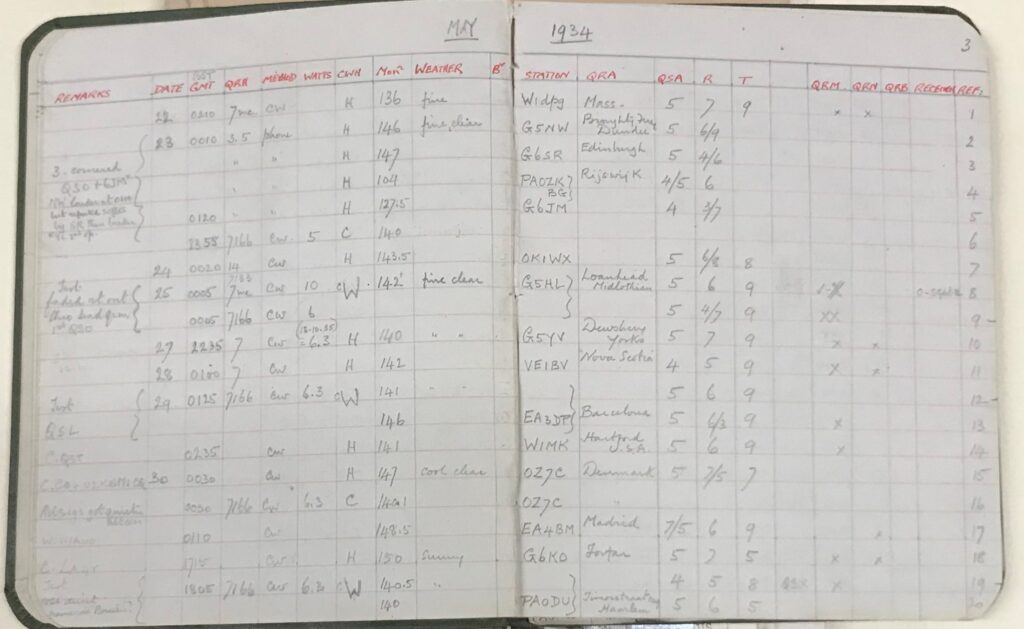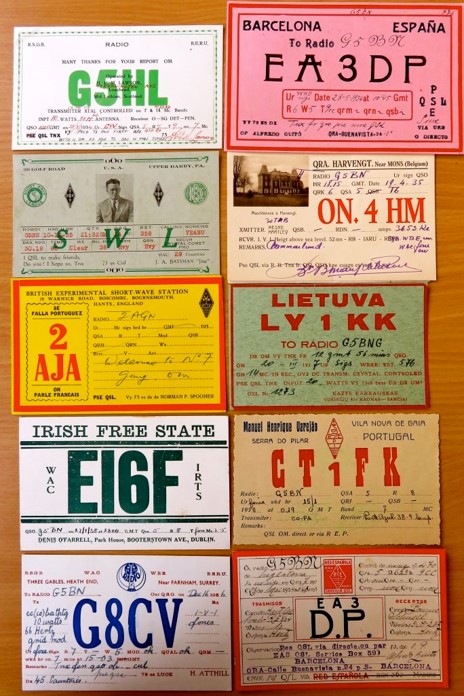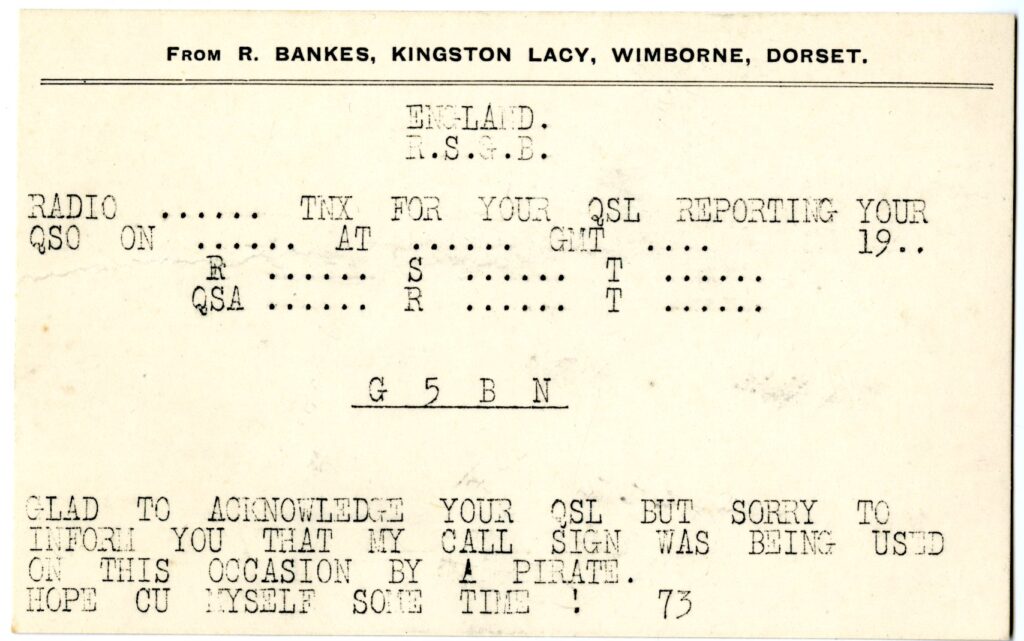Between 2015 and 2018 Dorset History Centre undertook the ‘Unlocking the Bankes archive‘ project. During the life of this project, staff and volunteers contributed well over 100 blogs to the project website. By 2024, this project website was no longer functional in the way it originally was, and we made the decision to close the website permanently.
However, we didn’t want to lose all of the intriguing stories and individual research which had been done by so many people, and we are therefore going to slowly be recycling these pieces onto this blog site going forward, to ensure that these fascinating tales have a home for people to read (or possibly re-read)!
This week we learn more about the one of the hobbies of H.J. Ralph Bankes.
—
Cataloguing the Bankes Archive led to the discovery of exciting documents and items, including picture letters, locks of hair, 13th century title deeds and even x-rays of the late H.J. Ralph Bankes’ elbows and wrists! Whilst cataloguing the collection, the project archivist made a surprising discovery…
—
The early 20th century saw the popularisation of amateur radio – often known as ham radio – and led to the founding of the Radio Society of Great Britain in 1913. According to this society, which still exists today,
“Amateur radio is a popular technical hobby and volunteer public service that uses dedicated radio frequencies for the non-commercial exchange of messages, wireless experimentation, self-training, and emergency communications”.
The surprise discovery was a fascinating collection of amateur radio cards, together with letters and log books. It appears this was a past-time of H.J. Ralph Bankes (1902-1981) during the 1930s. The plethora of calls noted in one log book reveal that Ralph was an enthusiast. He made over 30 calls in May 1934 alone…

The call cards document radio contacts that Ralph made with numerous people, both at home and abroad. America, Portugal, France, Scotland, and Ireland, as well as a number of English places – Dorset, London, Cumberland and Nottinghamshire – are among the locations that Ralph Bankes managed to contact. Amateur radio did – and still does – open up a whole new world of communication for many people. In the 1930s, when many homes did not yet have a telephone, it must have seemed fantastic to have the facility to make personal radio contact around the world. A letter in this particular archive box, dated 13th July 1934 says
“I know what you would be like OB [old boy?] with excitement when I called you I may say”.

However, radio calling did not always go smoothly. The documents reveal technical errors such as signal-related problems, and some more serious difficulties. One message from Ralph states
“Glad to acknowledge your QSL but sorry to inform you that my call sign was being used on this occasion by a pirate.”

Pirate transmission by the unlicensed use of other people’s radio frequencies causes interference and the abuse of call signals. Even in the 1930s, it would appear that this was a nuisance that Ralph had to contend with. Nevertheless, it seems that the positives outweighed the negatives, and he continued to enjoy amateur radio as a past-time.

